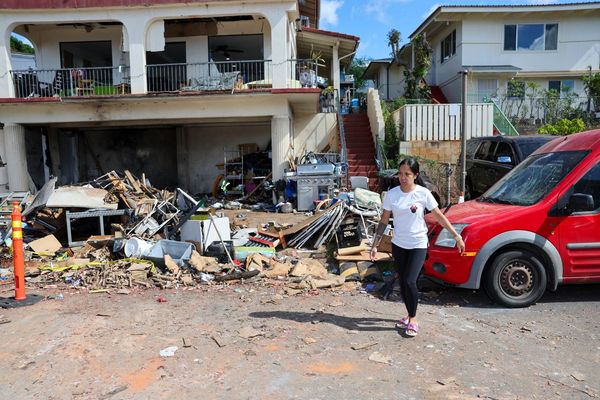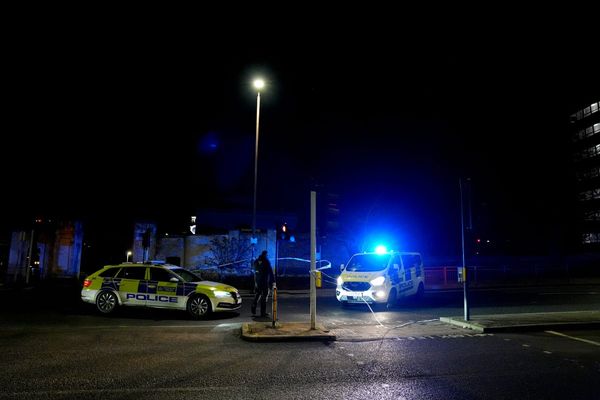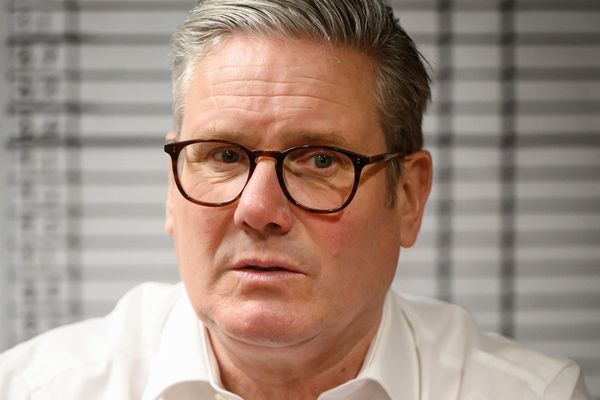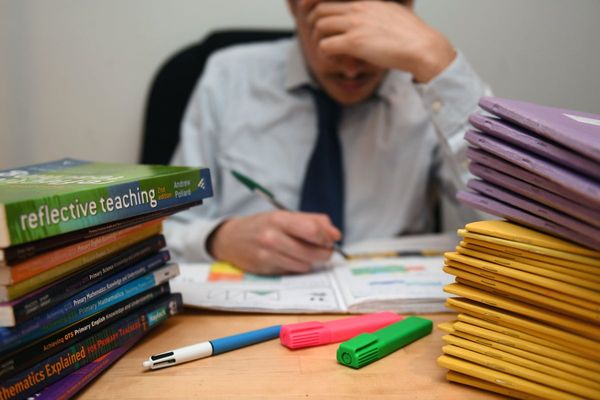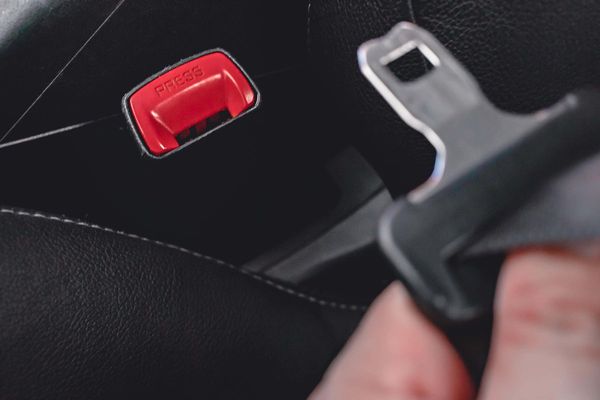A new investigation into one of Australia's worst mass murders, the Whiskey Au Go Go arson attack, will not hear from one of the convicted firebombers after it was revealed he has died.
Fifteen people were killed in the early hours of March 8, 1973, after the popular nightclub in Brisbane’s Fortitude Valley was firebombed.
John Stuart and James Finch were charged over the deadly attack and were eventually convicted of the murder of one of the victims, and sentenced to life in prison with hard labour.
Stuart died in Brisbane's Boggo Road jail in 1979, while Finch was paroled in 1988 and deported to the UK.
Finch was supposed to be called to give evidence at a newly reopened inquest into the fatal attack, but counsel assisting the coroner told a preliminary conference in Brisbane today that Finch died in England over the past few months.
In 2017, then Queensland attorney-general Yvette D'Ath asked the state coroner to reopen the inquest after two other men were convicted of a cold case triple murder believed to be linked to the arson attack.
Vincent O'Dempsey and Garry Dubois were sentenced to life in jail for the deaths of Brisbane mother Barbara McCulkin and her two daughters, Vicki and Leanne, in 1974.
In sentencing O'Dempsey and Dubois, Justice Peter Applegarth said it was clear Ms McCulkin had been targeted by the men because she knew too much about their alleged involvement in the 1973 crime and they wanted to silence her.
Attack survivor 'confident the true story will come forward'
It has long been suggested other people might have been involved, and the fresh probe will look at who might have also played a role.
The inquest will also aim to determine the adequacy of the investigations carried out at the time and in the subsequent years since the attack.
More than a dozen witnesses are expected to be called to give evidence in the 10-day hearing set down for June, including O’Dempsey and Dubois.
Outside court Donna Phillips, a waitress at the nightclub who survived the 1973 attack, said the inquest had been "a long time coming" and she was ready to move forward.
"I've struggled psychologically to be able to do so," she said.
"A lot of good people have had devastation in their lives from it."
Ms Phillips said it was disappointing Finch would not be giving evidence, but she was "confident the true story will come forward".
"The tragedy is not being able to hear from him directly of the stories he would have known until his last breath, that's the sad thing," she said.
"The list of those culpable is getting shorter, so thank heavens the inquest is happening now."
Sonya Carroll, the daughter of Desmae Carroll who died in the blaze aged 29, said she wanted the "truth to come out".
"We want closure, we deserve closure, and so does everyone else who is involved in this," she said.
The original inquest into the fire was adjourned in 1973 after Stuart and Finch were charged.
Ms Carroll said the long wait for another inquest had taken its toll on her family.
"This has been dragging out … it's been a long journey," she said.
Desmae's son Kim Carroll said they wanted answers.
"We only know what we were told by our father when we were little kids," he said.
"We just want to find out exactly what happened to our mother."
Mr Carroll said it did not mean anything to him that Finch was no longer a witness and he hoped the inquest would still provide closure.
"You couldn't trust a word [Finch] said anyway, if he did try and give evidence we wouldn't believe him," he said.
"Hopefully this is the beginning of the end."
Other witnesses include journalists, police officers, survivors of the blaze and family members of the victims.
